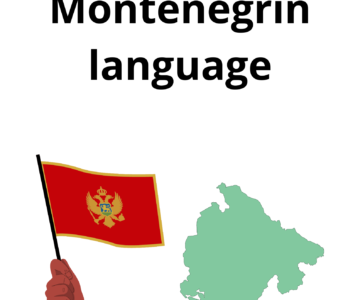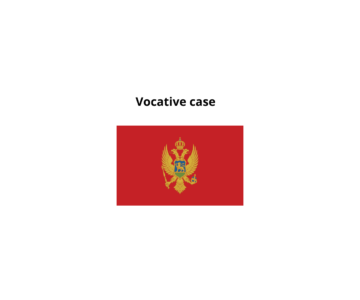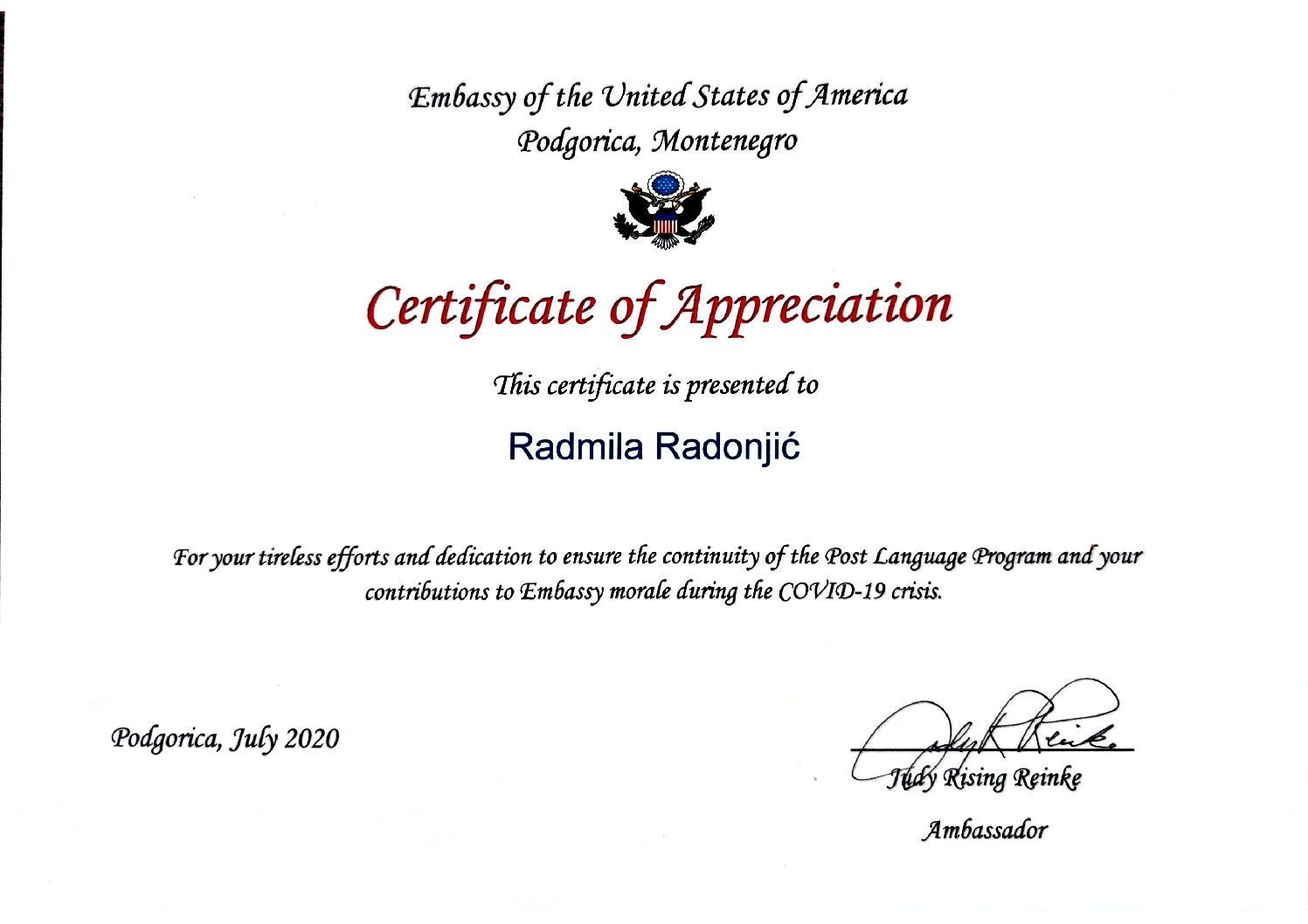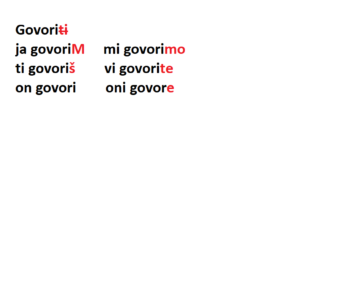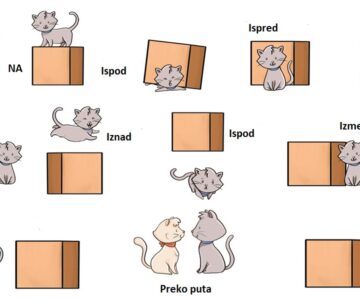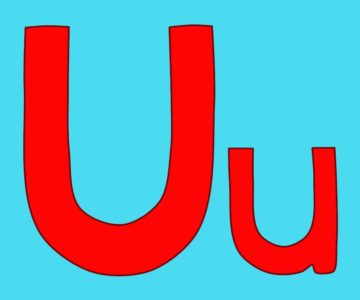Unlocking the Beauty of Montenegrin: Embrace Language Learning at Montenegrin Learning Center –MLC
Welcome to the enchanting world of Montenegro, where the Adriatic Sea meets picturesque landscapes, and the rich cultural tapestry weaves a story of its own. At Montenegrin Learning Center-MLC, we believe in not just learning a language but immersing yourself in the vibrant Montenegrin experience. In this article, we’ll explore the unique aspects of Montenegrin…

